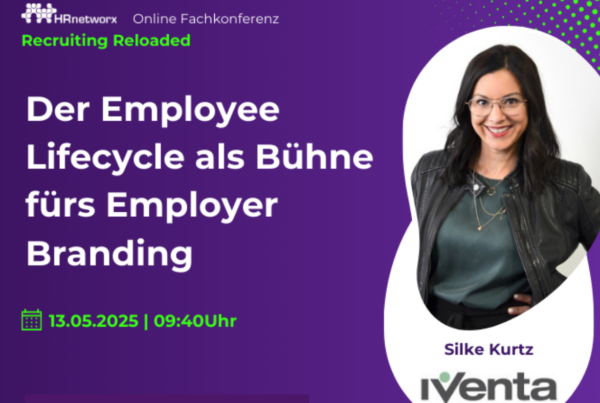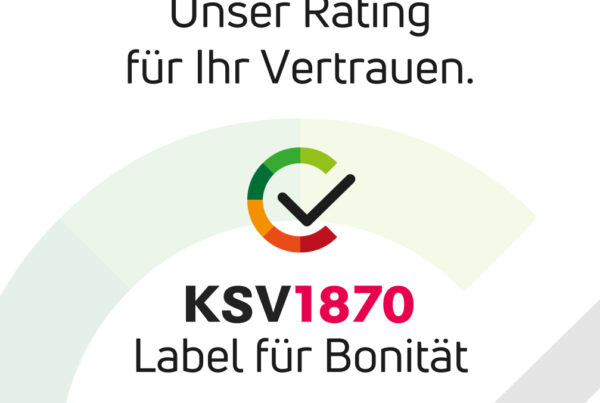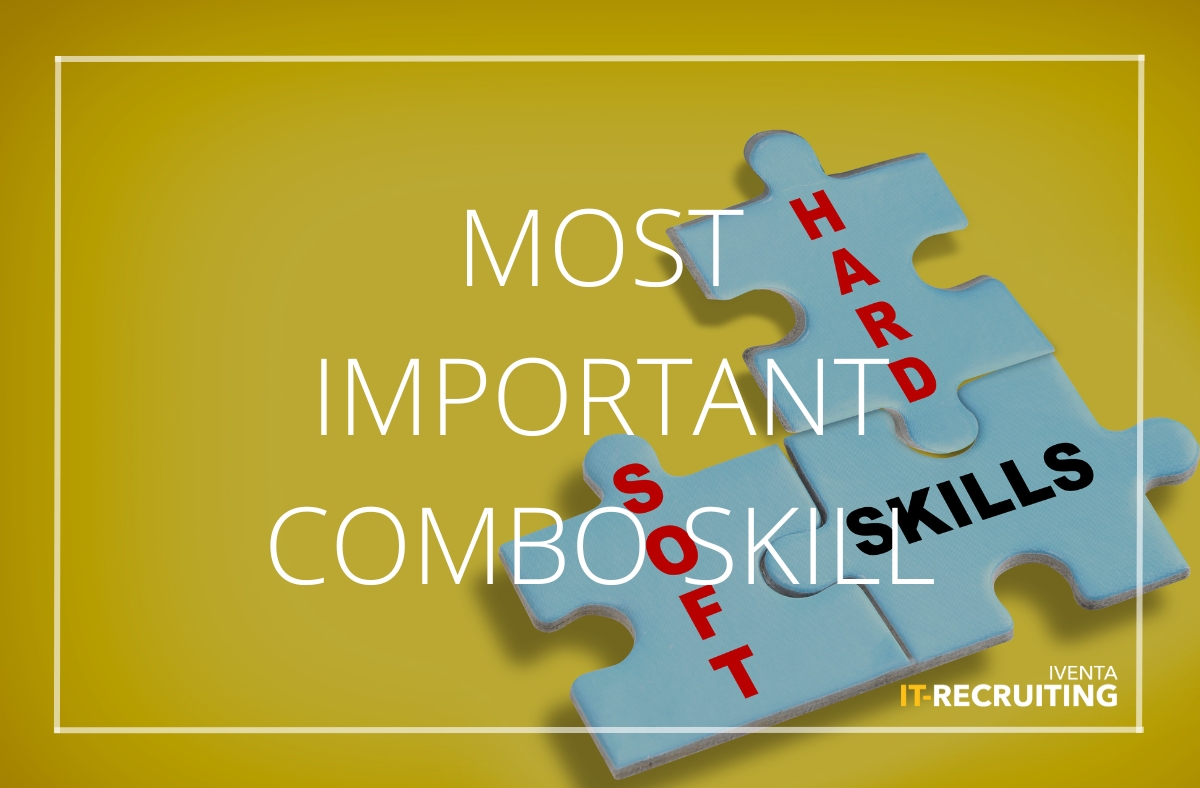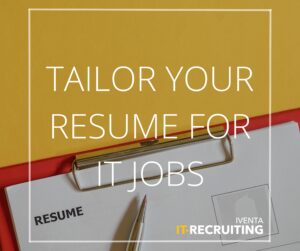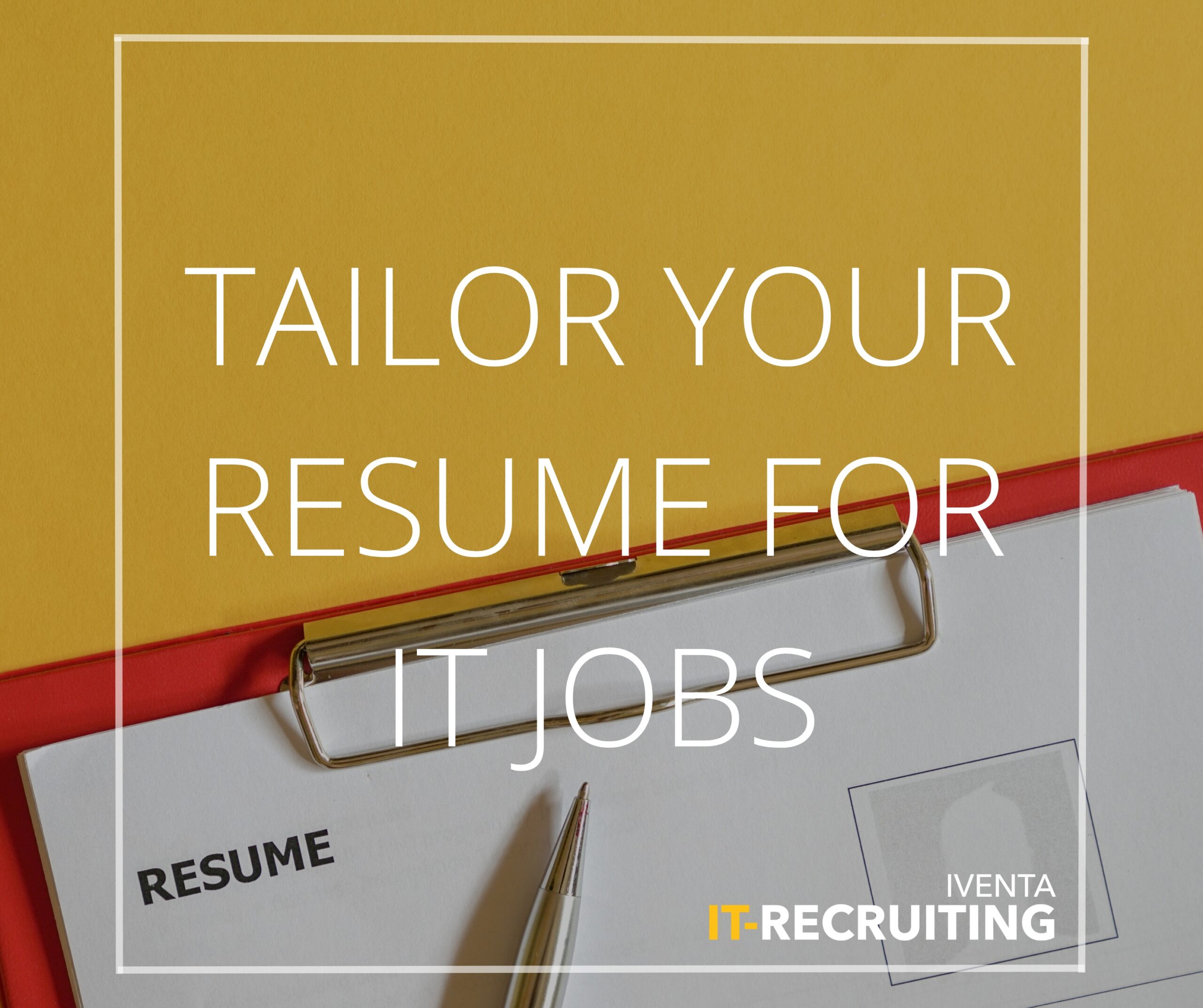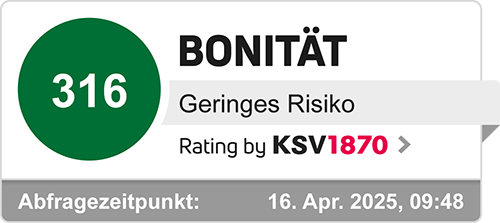
Who Becomes a Taxpayer?
The criteria remain unchanged: anyone residing in Austria for more than 183 days a year or holding a permanent residence permit is considered a taxpayer.
Social Insurance Contributions:
In 2025, the social insurance contribution rates have seen slight adjustments:
2024 ➡️ 2025
Employer: 20.98% ➡️ 22.51%
Employee: 18.07% ➡️ 18.07%
Breakdown:
- Sickness Insurance: Employer 3.78%, Employee 3.87%
- Unemployment Insurance: Employer 2.95%, Employee 2.95%
- Pension Insurance: Employer 12.55%, Employee 10.25%
- Accident Insurance: Employer 1.10%, Employee 0%
- Other: Employer 2.13%, Employee 1.00%
Income Tax Rates:
The income tax brackets for 2025 have been adjusted as follows:
- Up to €13,308 ➡️ 0%
- Up to €21,617 ➡️ 20%
- Up to €35,836 ➡️ 30%
- Up to €69,166 ➡️ 40%
- Up to €103,072 ➡️ 48%
- Up to €1,000,000 ➡️ 50%
- Over €1,000,000 ➡️ 55%
These adjustments reflect efforts to account for inflation and changes in the cost of living, aiming to provide tax relief for middle-income earners and ensure a more equitable distribution of tax burdens.
Thank you for your continued interest and attention! As always, feel free to reach out with any questions regarding relocation or the current tax system in Austria.
Sources: https://www.finanz.at/steuern/lohnsteuertabelle/#google_vignette
https://www.gesundheitskasse.at/cdscontent/?contentid=10007.870462



